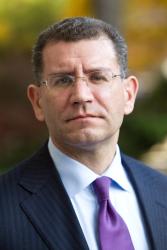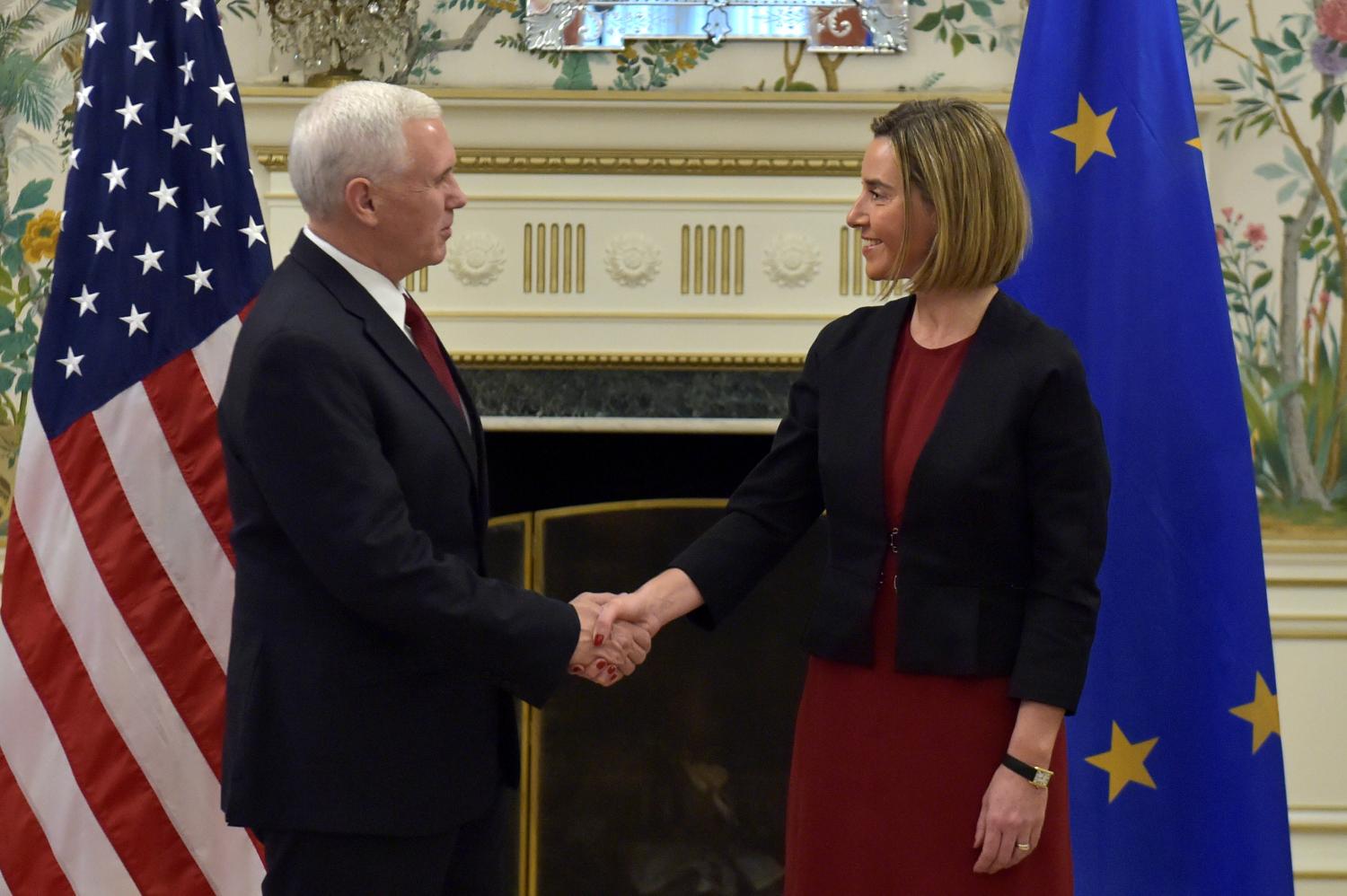I travelled to Iraq for two weeks, from October 11 to October 25. I went as part of a 14-person Joint Campaign Plan Assessment Team, created by Ambassador Hill and General Odierno to provide an outside critique and evaluation of the latest version of the Iraq Joint Campaign Plan—the fully integrated political-military-economic-diplomatic approach to be pursued by all U.S. military and civilian personnel to achieve the President’s objectives in Iraq over the next 3 years. As part of this effort, the team had numerous meetings with members of the U.S. military, embassy and other personnel; members of the United Nations Assistance Mission to Iraq; as well as a wide variety of Iraqis, most connected to the Iraqi armed forces, the government or the political system in some way. In addition to my time in Baghdad, I traveled to Irbil, Basra, and Najaf to observe the situation in those cities. Other members of the team traveled to Ramadi, Diyala, and Kirkuk and reported back on the situations they found there.
OVERVIEW
Despite the August 19th and October 25th bombings (the latter occurred hours before I departed Baghdad), the mood and “feel” of Iraq continue to improve. Both the capital and the country at large continue to enjoy growing security and a creeping sense of normality. Traffic is now thick on the roads, and goods and people appear able to move relatively easily—and with minimal fear of crime. Iraqis are ever more focused on the inability of their government to deliver on basic needs like electricity, sanitation and jobs than they are on security. The level of griping has probably remained constant, but the fact that the target has shifted is still an important sign of progress.
Average Iraqis still evince the same “anti-establishment” mood that prevailed at the time of the January 2009 provincial elections. There appears to be widespread disgruntlement with the politicians running the country, who are seen by average Iraqis as “wolves in sheep’s clothing:” the warlords and criminals who engineered Iraq’s civil war, now forced to act like statesmen because the American and Iraqi militaries prevent them from acting in their wonted fashion. Maliki is a partial exception to this rule, but there does seem to be a sense that the bombings have tarnished his reputation as the man who managed to pull off the feat of bringing Iraq law and order and ushering out the American occupation. It was my strong sense that if the Iraqi people were able to choose truly new political parties, they would overwhelmingly do so, but the dominant parties continue to use all means at their disposal to prevent the emergence of most new parties.
This point gets at the larger problems remaining with Iraq. Historically, states that have undergone a major civil war such as Iraq’s have a disconcertingly high likelihood of a relapse within five years, especially if they possess valuable natural resources like gold, diamonds and oil. Thus, Iraq is fighting the law of historical averages. The same scholarship also demonstrates that the one escape from the civil war trap is for an external great power (typically the former colonial power), to act as mediator and peacekeeper for many years until the warring factions are reconciled and the institutions of governance and security are strong enough to
prevent the re-emergence of a security vacuum. It is the emergence (or re-emergence) of a security vacuum that causes intercommunal civil wars like Iraq’s—and Bosnia’s, Congo’s, Afghanistan’s, and Lebanon’s—to occur and recur. In 2007-2008, the change in U.S. strategy, tactics and force levels allowed the United States to finally fill the security vacuum we created after toppling Saddam. Slowly, we have given way in place of the Iraqi Security Forces (ISF), whose ability to substitute for the United States remains the hope and concern of every Iraqi.
The fear common to these situations remains pervasive in Iraq, lying just below the surface for elites and commoners alike. In particular, Iraqis remain fearful that the United States is disengaging quickly and completely and that the ISF is neither politically nor militarily reliable enough to take over for the Americans as the disinterested enforcer of law and order. Thus, the vast majority of Iraqis want the American troops to leave, but are also afraid they actually will. Consequently, tales of political violence spread like wildfire across the country. There certainly are incidents of assassination, extortion, kidnapping, and intimidation of rival parties in the lead up to the January elections, but nothing like the levels seen before the 2005 elections. Nevertheless, Iraqis seem to believe that they are far more common than U.S. intelligence believes. Although this undoubtedly reflects the diminishing situational awareness of American forces after the withdrawal of U.S. combat units from Iraq’s cities in June, it also is doubtless driven by Iraqi fears that the bad old days of 2005 and 2006 are returning. Consequently, a critical challenge for the United States mission in Iraq moving forward is to convince Iraqis that the U.S. will continue to ensure that the ISF remains apolitical, that Iraqi political parties are forced to play by the rules, and that no group will be allowed to use violence to pursue its political objectives even as we draw down our forces in Iraq and turn over responsibility for combat operations to the ISF next year. This is not only a daunting task, but a vital one if Iraq is to avoid the civil war trap.
The Brookings Institution is committed to quality, independence, and impact.
We are supported by a diverse array of funders. In line with our values and policies, each Brookings publication represents the sole views of its author(s).



